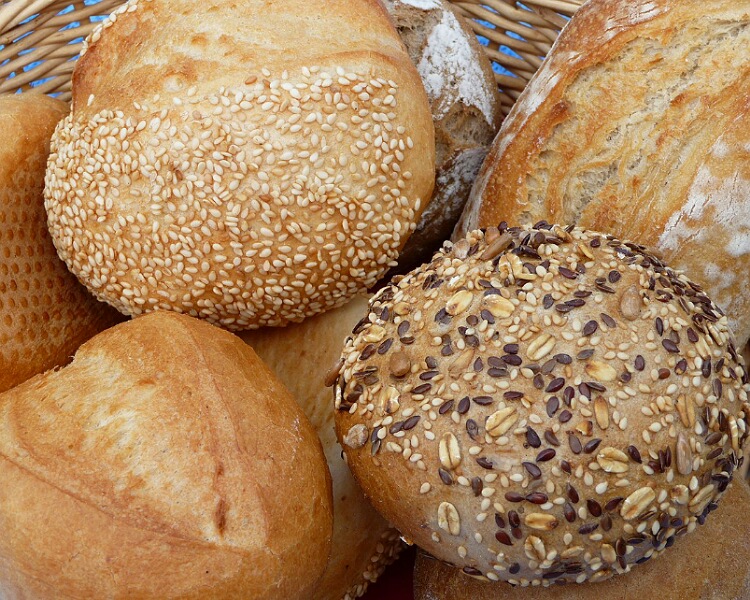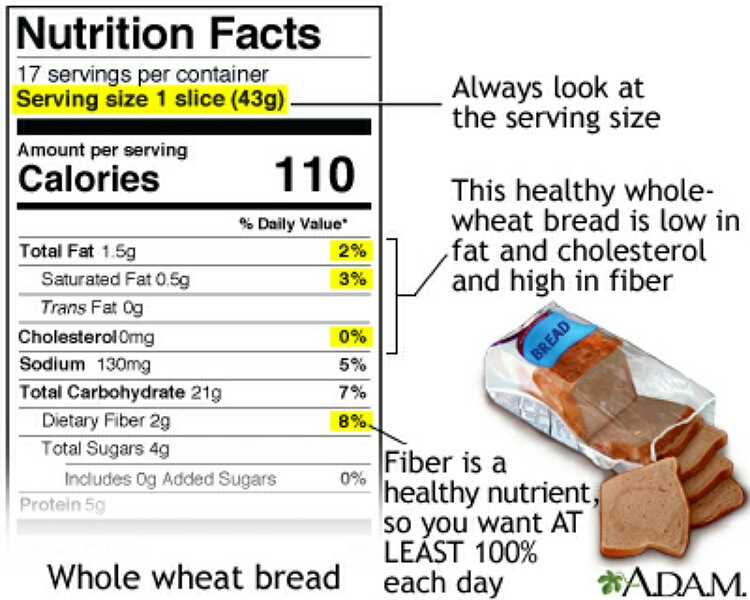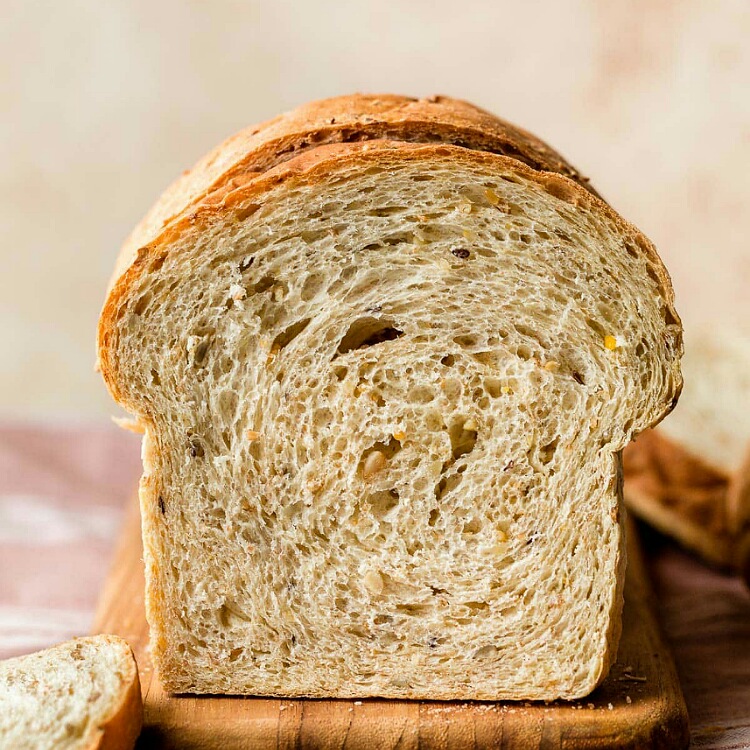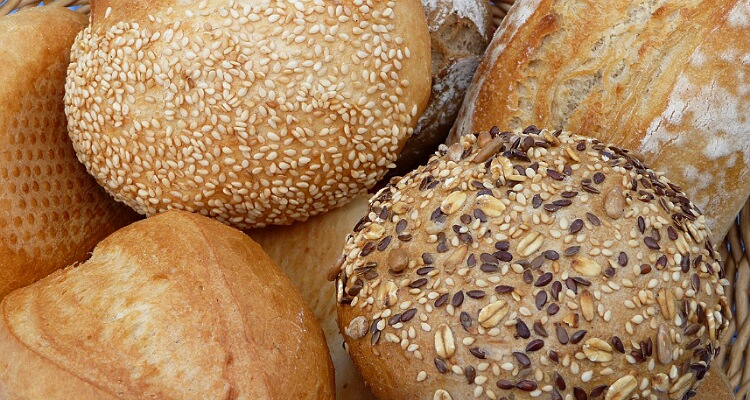Bread is a household staple. But it became a topic of debate when no or low carb diets started gaining popularity. People put bread in the unhealthy category due to its high carb content. Is bread really a bad and unhealthy food item? Should one avoid its daily consumption? Know all the latest report on this food.
Bread: the household staple
Bread; white, whole wheat, multigrain or rye bread has been in use since time immemorial. It is a household staple and people consume it at breakfast or lunch. Some even have it for supper and dinner. It has a high carb content.
Due to the emphasis on low carbs or carb restrictions in dieting programs, people started looking at bread in a negative way. Many put it in the unhealthy category and a never ending debate erupted on it.

But is it really that bad that one should stop consuming it daily? Bread has a number of other advantages too. Let’s have a look at them one by one.
The high carb content of bread
Bread is usually made of refined or whole flour of the food grain wheat. Hence it is rich in carbs. In white bread, these carbs are of the simple type whereas in whole grain bread, these are of the complex type. Moreover, in the latter type of bread, there is fiber, folate, iron and other B complex group of vitamins, the Grains Food Foundation states.
Also, read Rye bread: types, health benefits and nutrition!

But bread is not unhealthy. It can become a part of the healthy diet. One can have it and there is no reason to avoid it or fear it. However, consuming only bread might harm the body. Having it in accompaniment of other healthy foods would be beneficial.
Other nutrients and combos
The high fiber content of whole wheat bread helps regulate the bowel movements and overcome constipation. It aids digestion and gut health. It gives a feeling of fullness and lowers the caloric intake and hence the weight. Moreover, it reduces blood sugar spikes and blood cholesterol thereby reducing risk of type 2 diabetes and it protects the heart.
Dietitian Kristi Ruth says:
“As dietitians, we often recommend whole-grain bread because it traditionally contains more fiber, which aids in digestion and will help you feel full longer,”

1 slice of this bread has 2 grams of dietary fiber in it. Another dietitian Elana Natker, adds:
“Forty percent of dietary fiber intake comes from grain foods,”
“Cutting out grains [like bread] would take out fiber that people are needing and getting from grains.”
Breads also contain fair amounts of protein, and minerals such as zinc, calcium and magnesium. These are good for body immunity and stronger bones and teeth. They help in better muscle contraction too. As regards folate, Elana explains:
“[Child-bearing] women restricting carbohydrates are 30% more likely to have babies with neural tube defects because they aren’t getting enough folic aid,”
And addition of foods with lean protein or healthy fats to bread makes the meal wholesome. It prevents high blood sugar spikes and is healthy. Kristi feels:
“While energy can come from a variety of foods, I think most consumers opt to eat bread every day because it’s an easy, convenient and relatively inexpensive food to serve and there’s so much you can make with it.”
She continues:
“Filling up on bread alone is not ideal; it’s best to eat a variety of foods,”
“Get creative with what you make with bread and how you serve it. For instance, if you are used to having a few pieces of toast as your only breakfast, try having just one or two slices and topping it with smashed avocado and a sliced hard-boiled egg.”
